 Photo: Ewa Malmsten Nordell.
Photo: Ewa Malmsten Nordell.
 Photo: Ewa Malmsten Nordell.
Photo: Ewa Malmsten Nordell.
What happens when a group of local leaders from Bosnia and Herzegovina embarks on a learning journey to one of the world’s greenest countries? A deep shift in perspective – and a renewed sense of purpose.
As part of the Sustainable Transition of Bosnia and Herzegovina (BiH SuTra) project, a delegation of mayors and municipal staff from partner municipalities travelled to Sweden to explore cutting-edge developments in technology, governance and research supporting a green and just transition.
The study visit was more than a technical tour – it was an immersive experience into a society where sustainability is a guiding principle. Carefully curated visits, hands-on demonstrations, and engaging knowledge exchanges offered participants a close look at the Swedish model – from smart wastewater treatment and circular economy practices to creative urban planning that prioritizes biodiversity and nature. The following sections highlight several key visits in greater detail.
Sustainable and elegant urban development
The delegation visited Stockholm’s Royal Seaport (Norra Djurgårdsstaden); one of Europe’s most ambitious urban regeneration projects. This former industrial district is being transformed using integrated sustainability principles, including energy efficiency, green mobility and circular construction models. Participants toured the district and observed how smart planning, citizen engagement and innovation in waste and energy systems are woven into Stockholm’s urban development strategy.
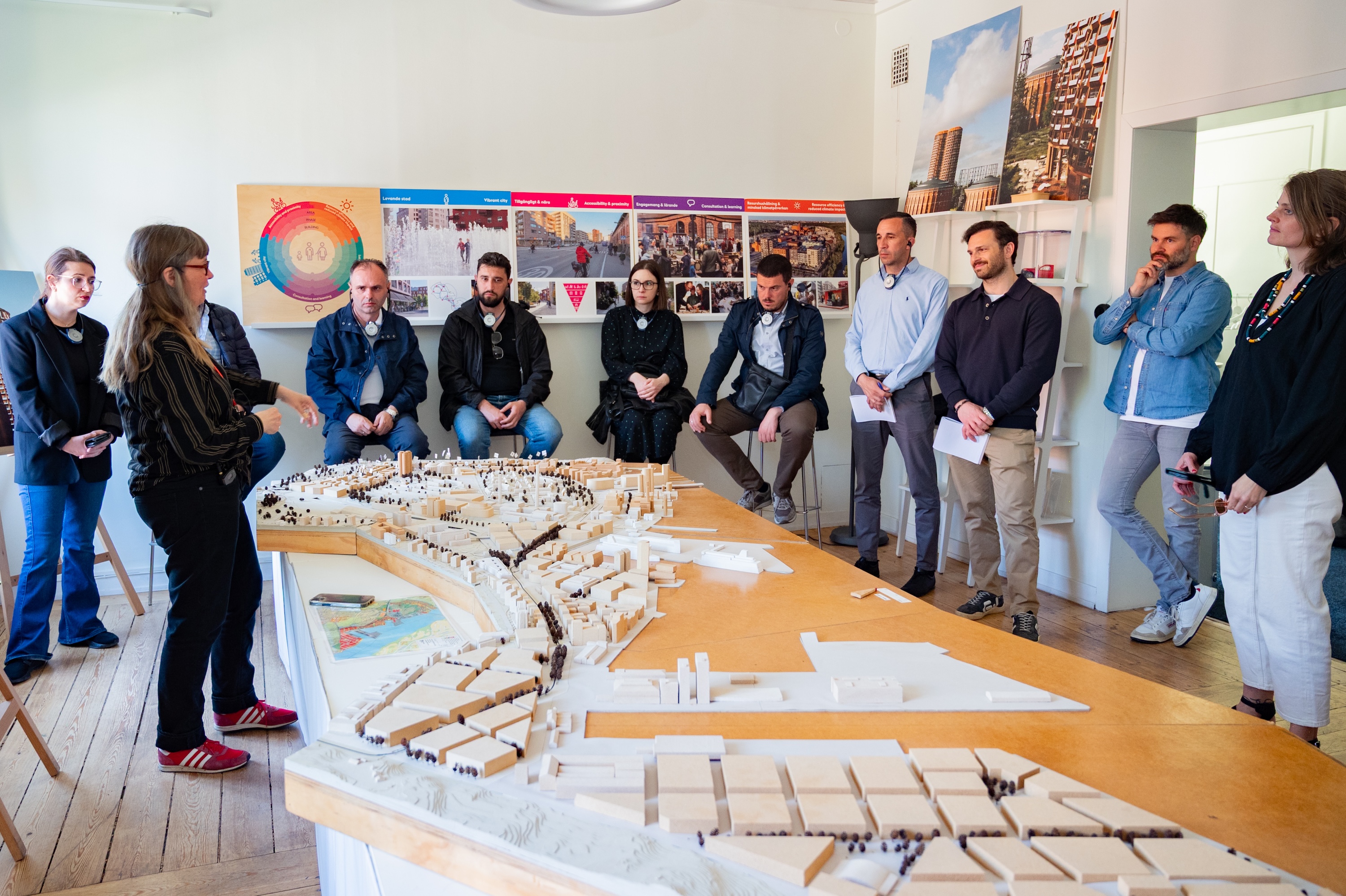
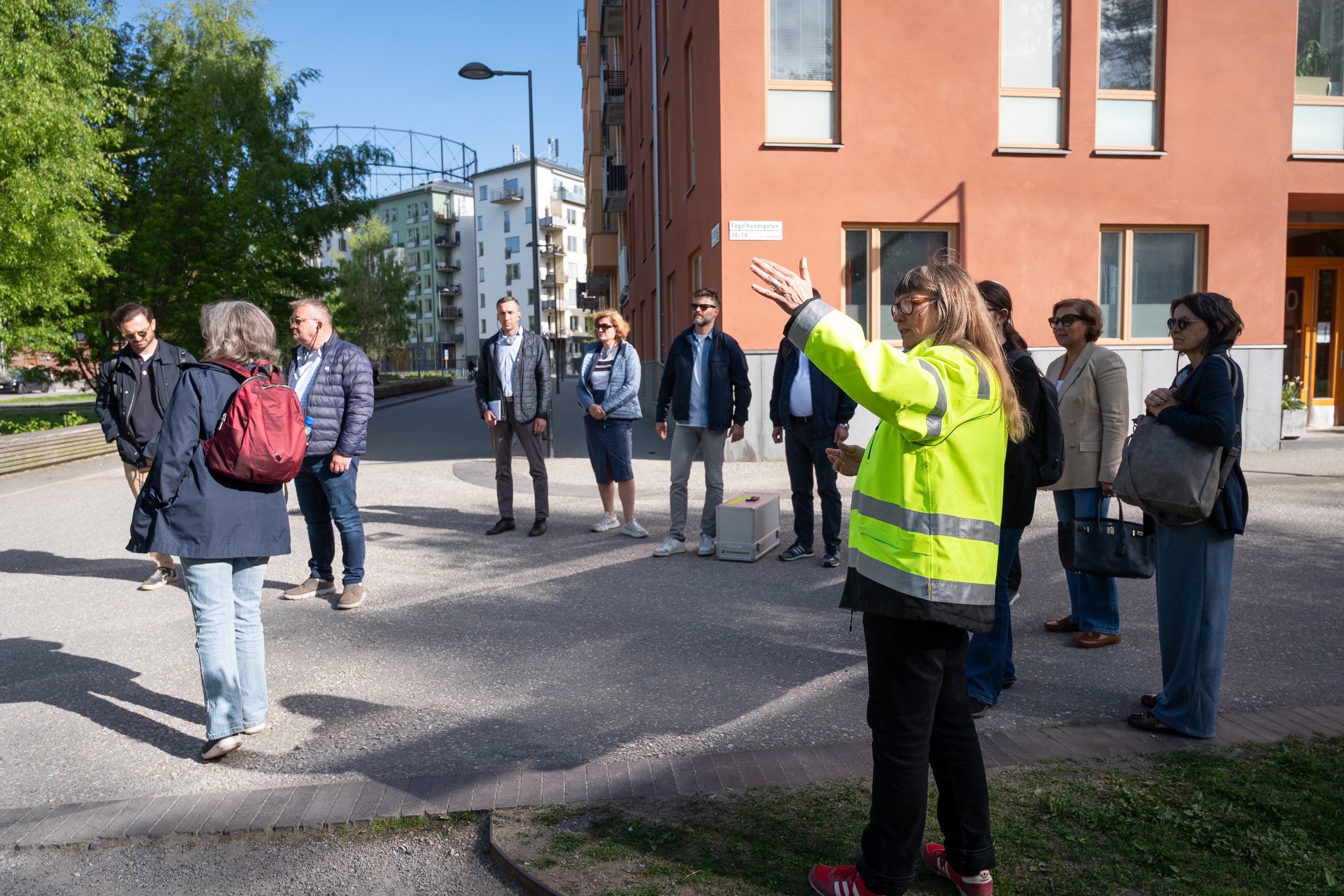
The visit made a strong impression. The Mayor of Breza, mr. Vedad Jusić, in Bosnia and Herzegovina described how inspiring it was to see both the dedication of professionals involved and the visible results of citizen-driven environmental action. Participants valued the long-term vision, planning culture and public-private cooperation behind the transformation.
The Head of the Department of Civil Protection affairs in Ugljevik, mr. Aleksandar Krstić, was particularly struck by the waste collection methods at the Royal Seaport, including automated underground vacuum systems, sensor-equipped bins and colour-coded bag sorting. While acknowledging that such solutions may not be immediately transferable to Bosnia and Herzegovina due to systemic constraints, he expressed a strong motivation to propose more efficient waste collection systems for his municipality.
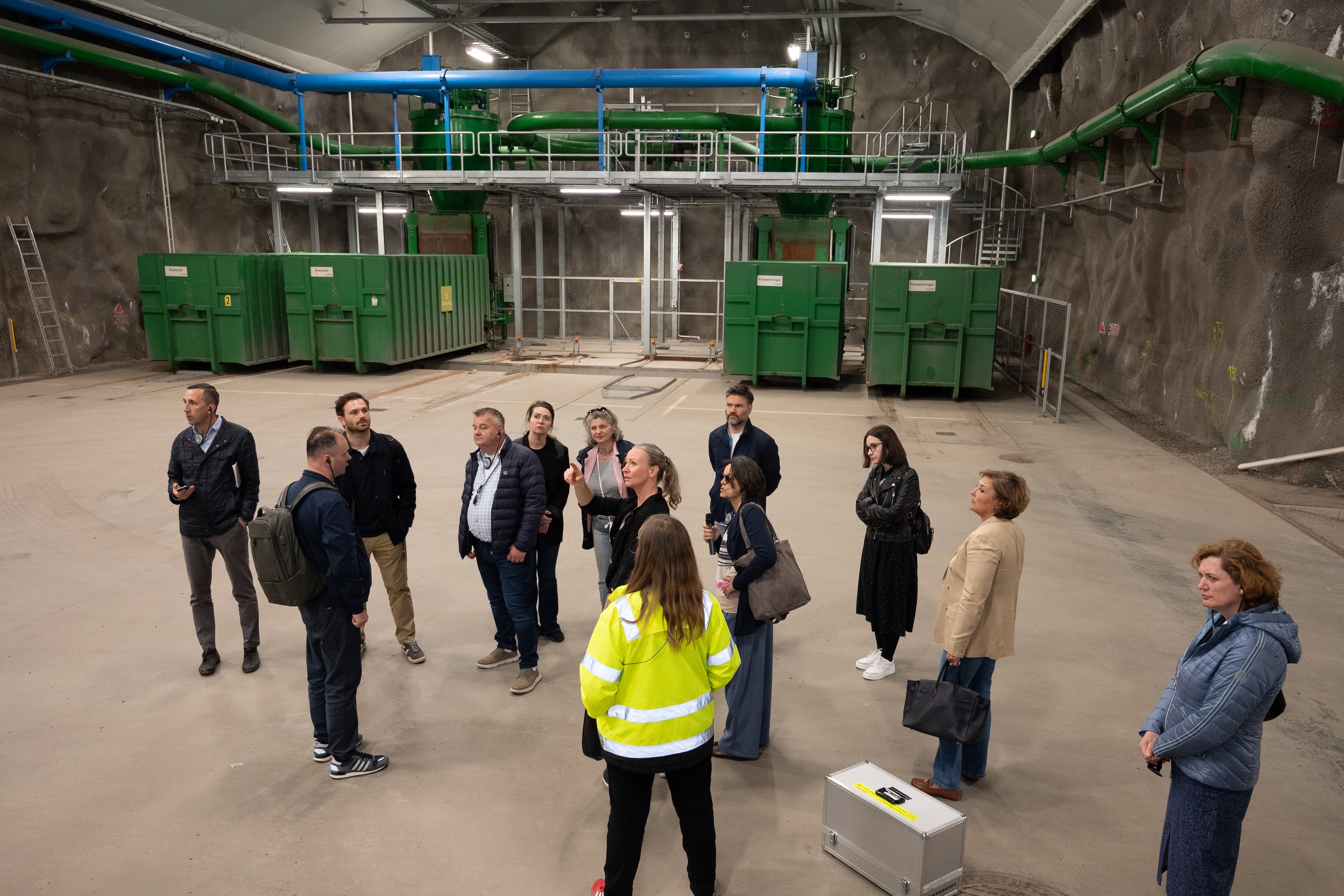
Resource recovery - E.ON power plant and Ragn-Sells waste management
At E.ON’s facility in Högbytorp, north of Stockholm, the delegation witnessed practical circular energy solutions in action – such as biogas production from organic waste and district heating powered by waste incineration. Firsthand observation of the infrastructure and safety systems gave participants a deeper understanding of how resource recovery can contribute to sustainable energy.
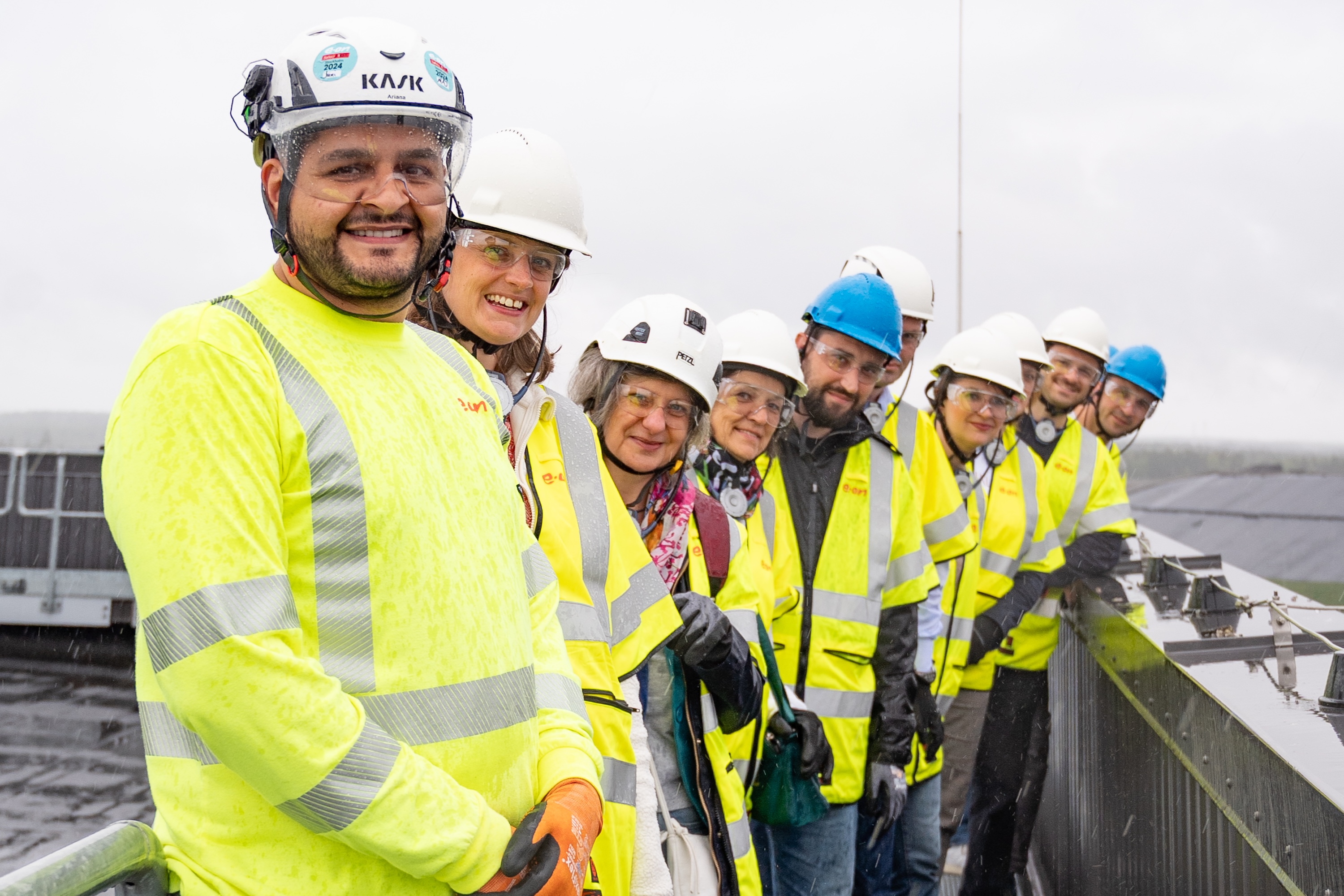
They also visited Ragn-Sells, one of Sweden’s leading circular economy companies, to see how waste is detoxified, sorted and transformed into reusable materials through advanced treatment processes. Participants learned about technologies such as landfill mining, chemical recovery and materials repurposing. A highlight was the Ash2Salt technology, which recovers commercial salts from fly ash produced during incineration.
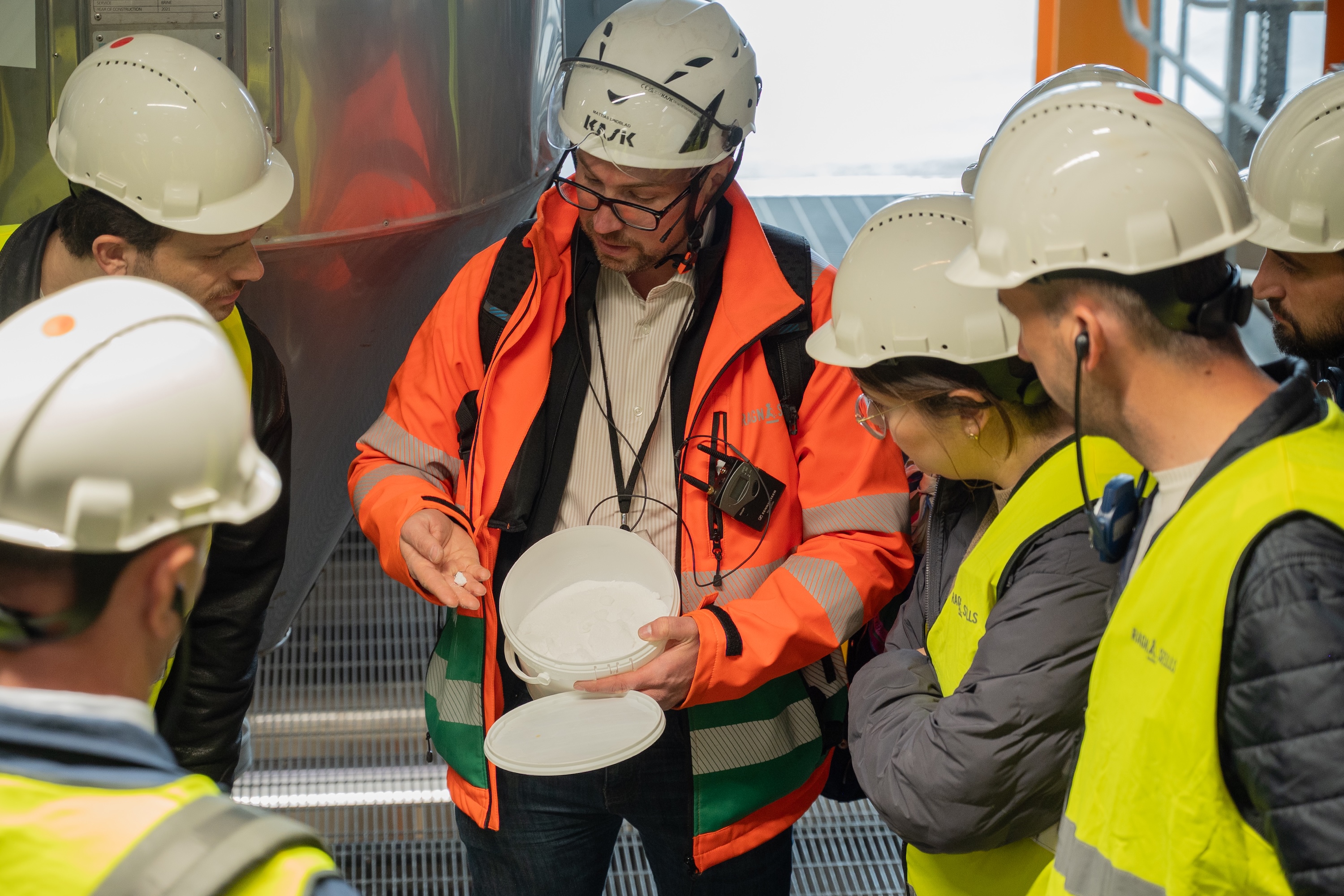
Both visits demonstrated how circularity can be operationalized through integrated infrastructure, legal frameworks and business innovation. The Mayor of Živinice, Mr. Began Muhić, expressed strong interest in adapting this approach as part of the city’s landfill transformation plan, with the aim of developing a functional regional waste management centre aligned with circular economy principles.
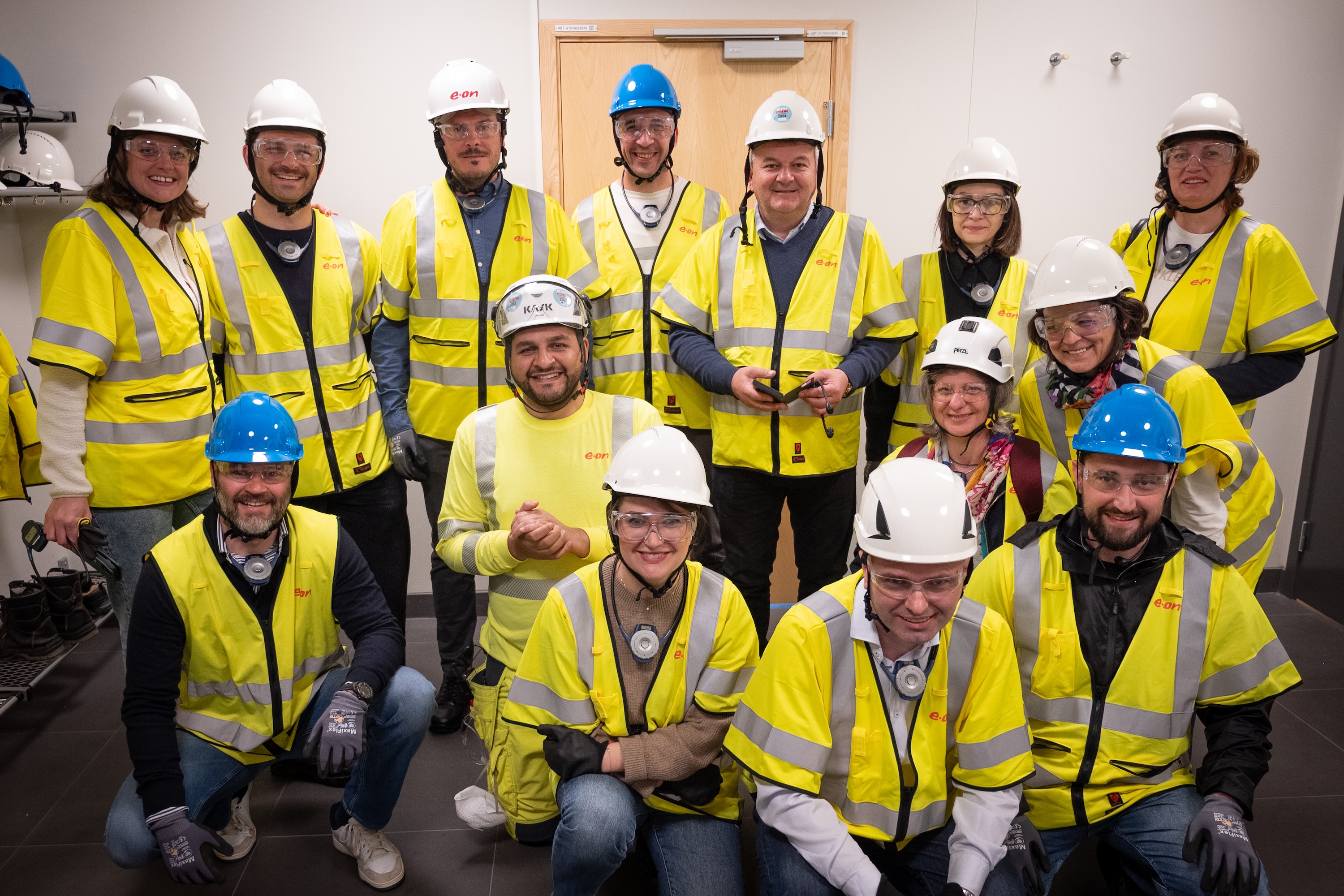
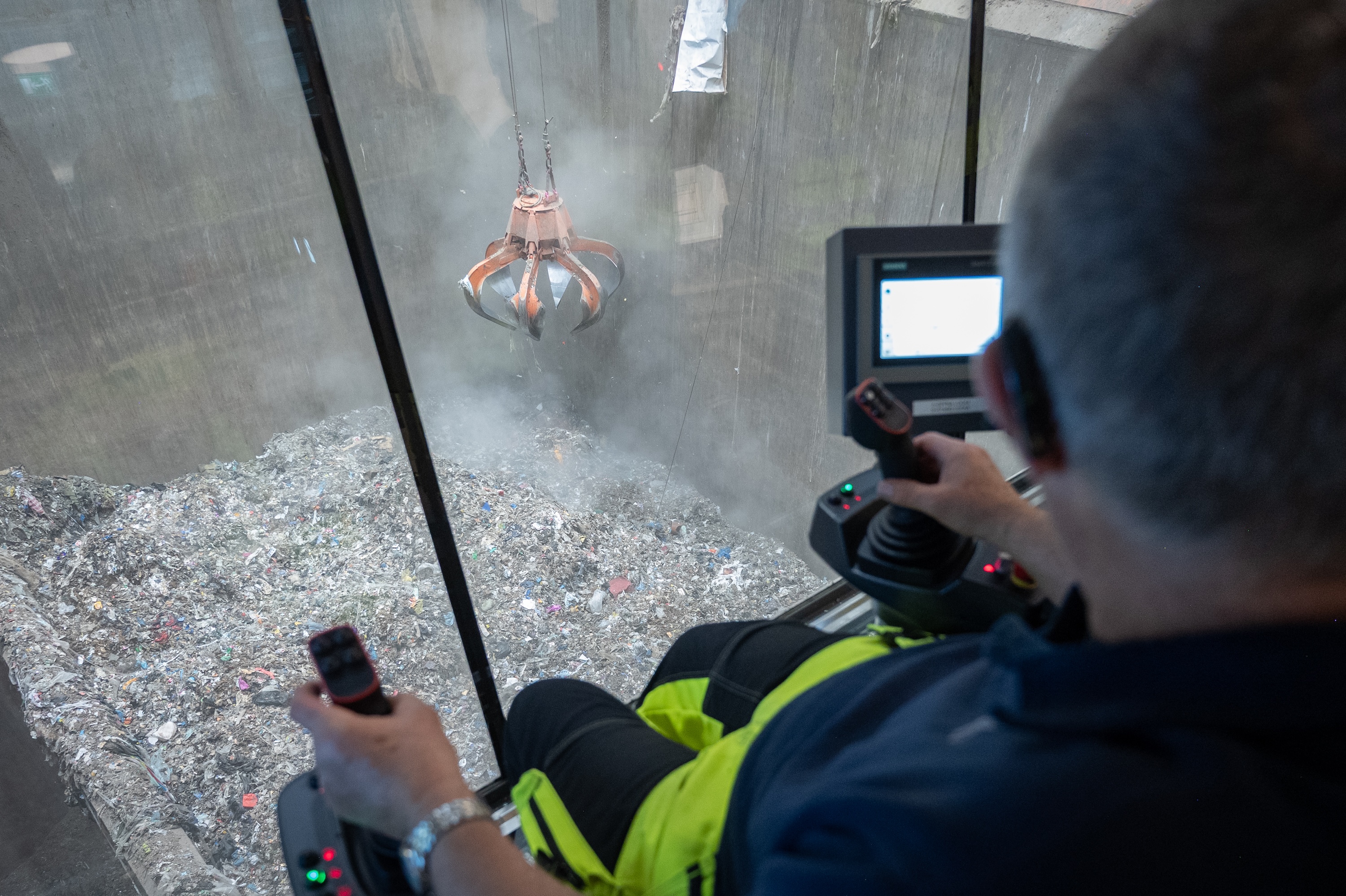
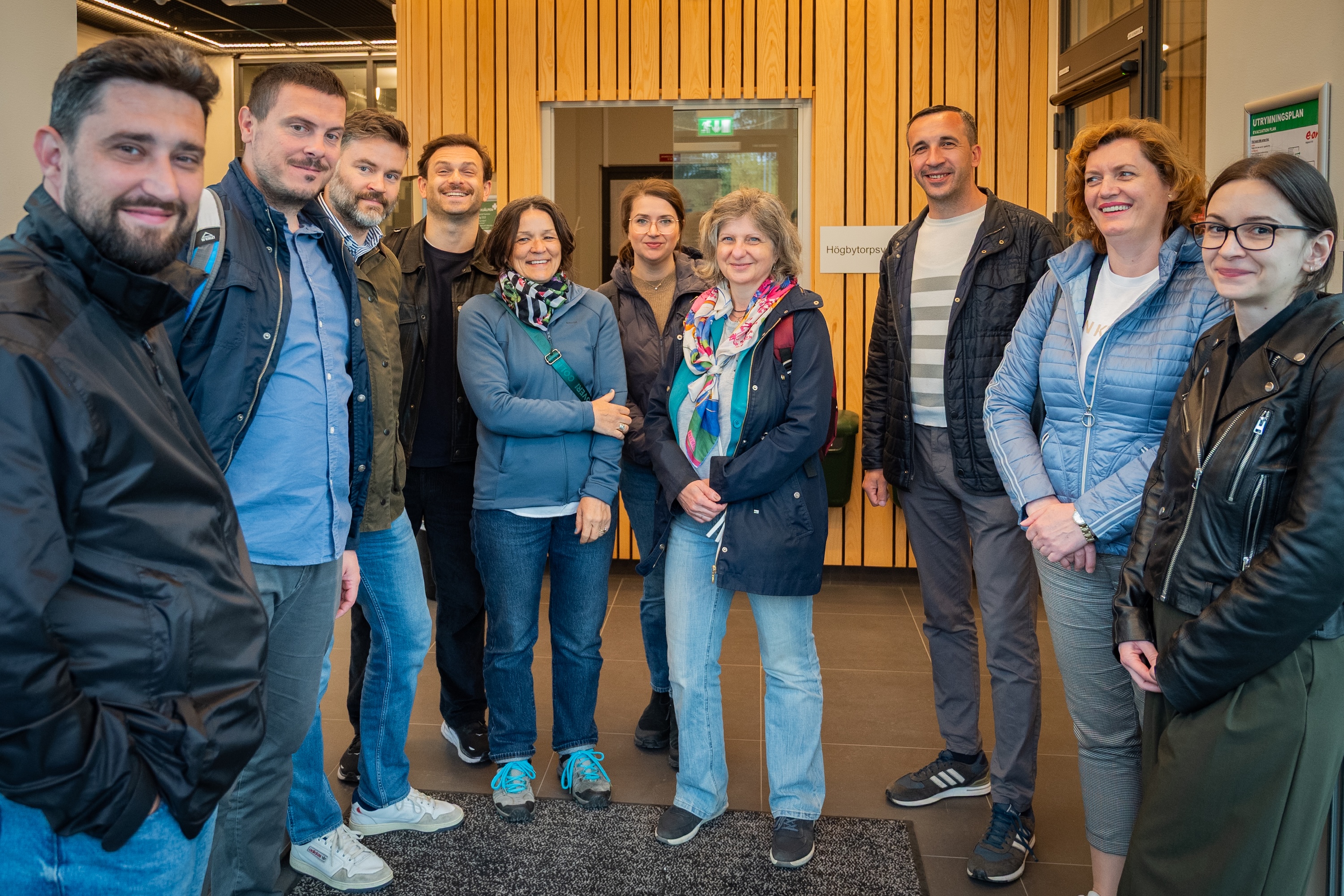
SEI experts unwrap sustainable water and sanitation systems
The Bosnian delegation also met with SEI research experts Kim Andersson, Daniel Ddiba and Linus Dagerskog from the Sanitation and Health Team at SEI headquarters. They provided an overview of the policy-technical bridge on topics such as climate-resilient sanitation, water leakage management and circular wastewater and sludge reuse, along with regulatory frameworks and case studies from Sweden.
New perspectives and reflections
Municipal representatives from Breza, Živinice and Ugljevik described the visit as thought-provoking and eye-opening. In post-visit interviews, they highlighted citizen engagement, technology adoption and long-term planning as key factors behind Sweden’s success. Many found the visit to Stockholm’s Royal Seaport particularly impactful, citing the combination of innovative infrastructure and strong commitment to sustainability by local actors.
These reflections suggest a mindset shift – from seeing sustainability as a technical add-on to recognizing it as a foundational principle of resilient and forward-looking urban governance.
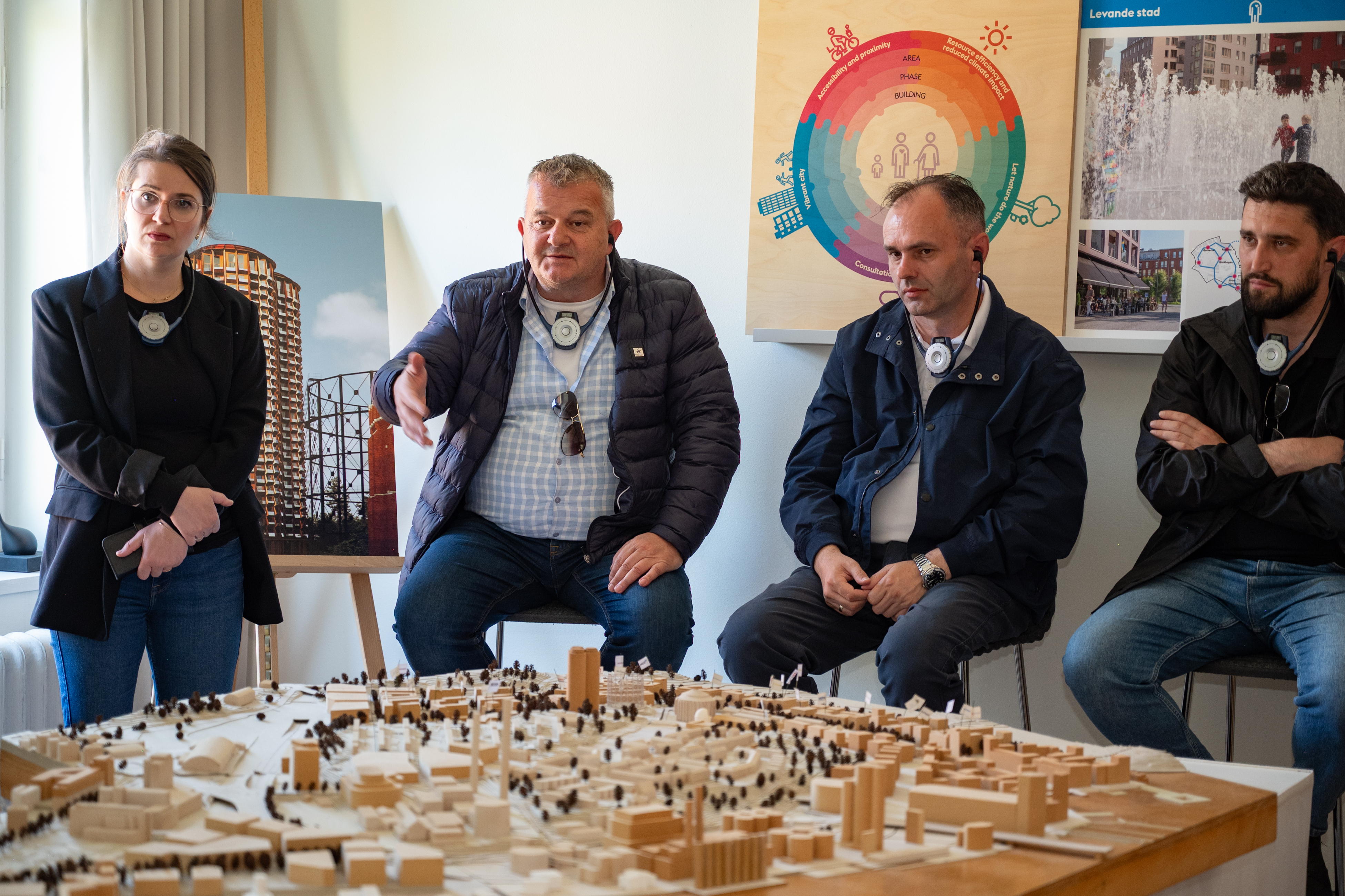
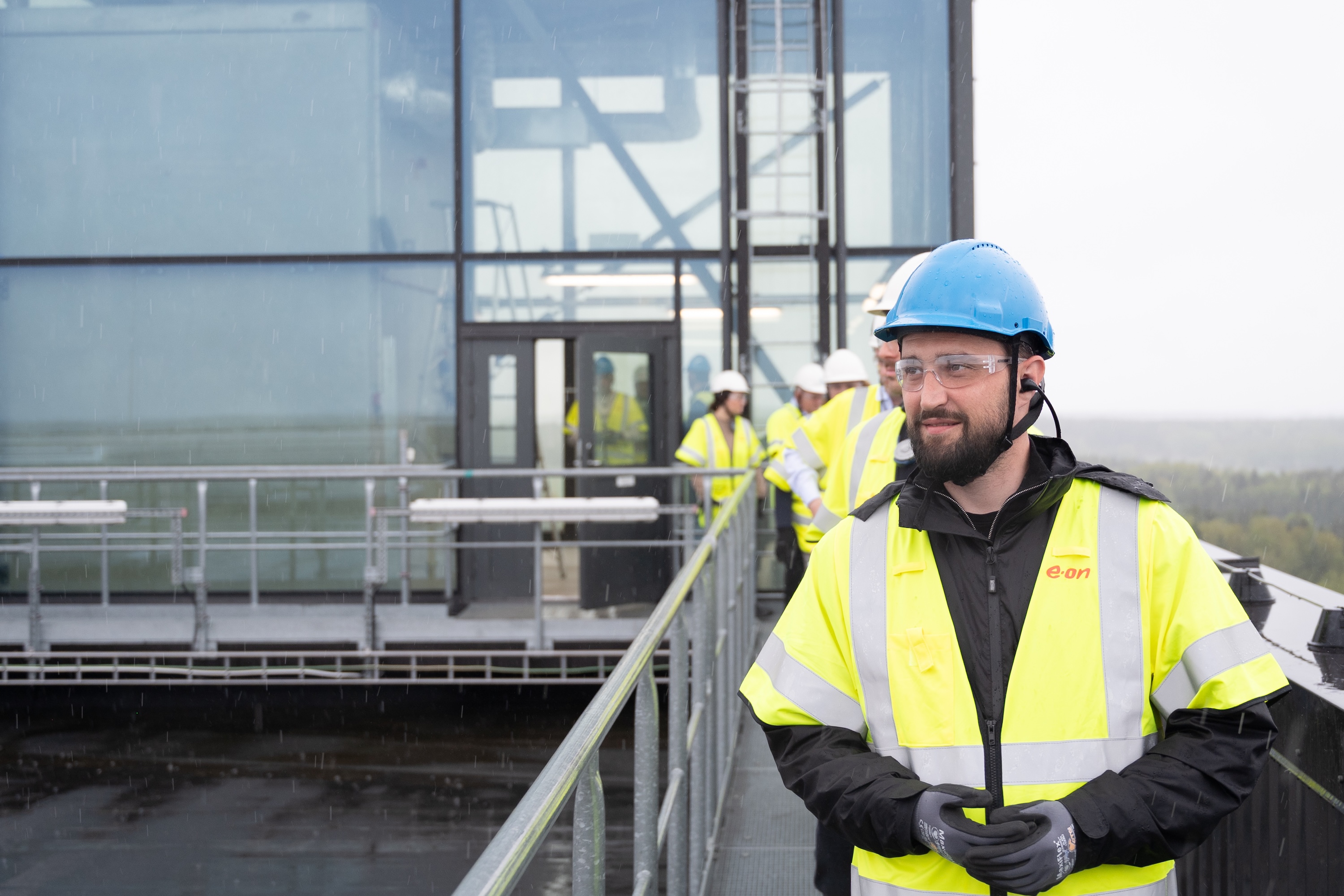
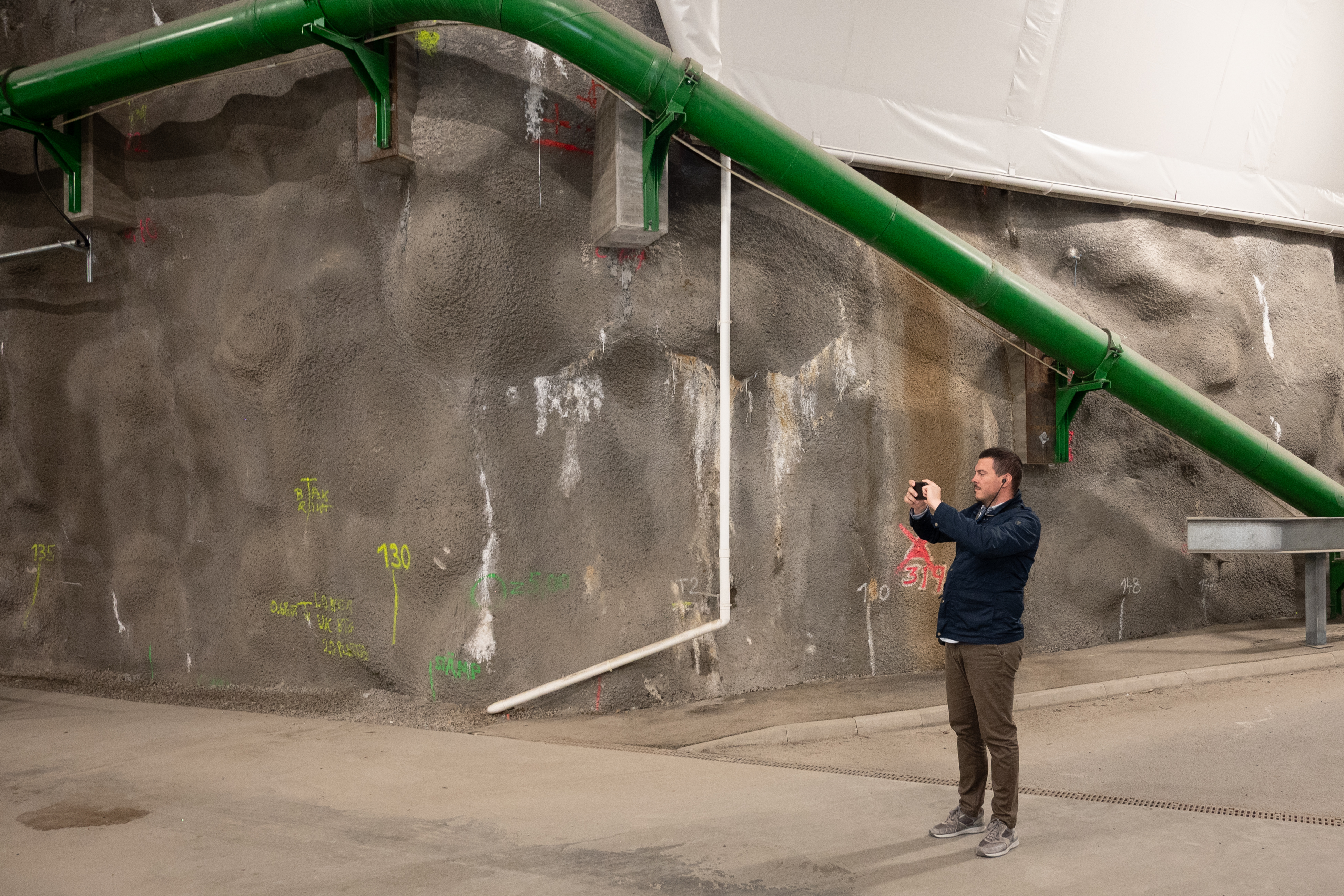
Of course, directly replicating Sweden’s models is not feasible – contexts and resources differ. But that does not dampen enthusiasm. On the contrary, local leaders are already formulating ambitious plans that are tailored to their communities: improved wastewater systems in Breza, and a leap toward circular waste management and urban planning projects in Živinice. There is also growing momentum for stronger inter-municipal collaboration and integrating lessons learned into everyday policymaking across all municipalities.
These developments reflect one of the central aims of the BiH SuTra project: the emergence of local leadership and initiative-taking.
In essence, the Swedish study tour did more than just inspire new ideas – it sparked a mission: to lead Bosnia and Herzegovina’s communities toward a greener, smarter and more sustainable future.
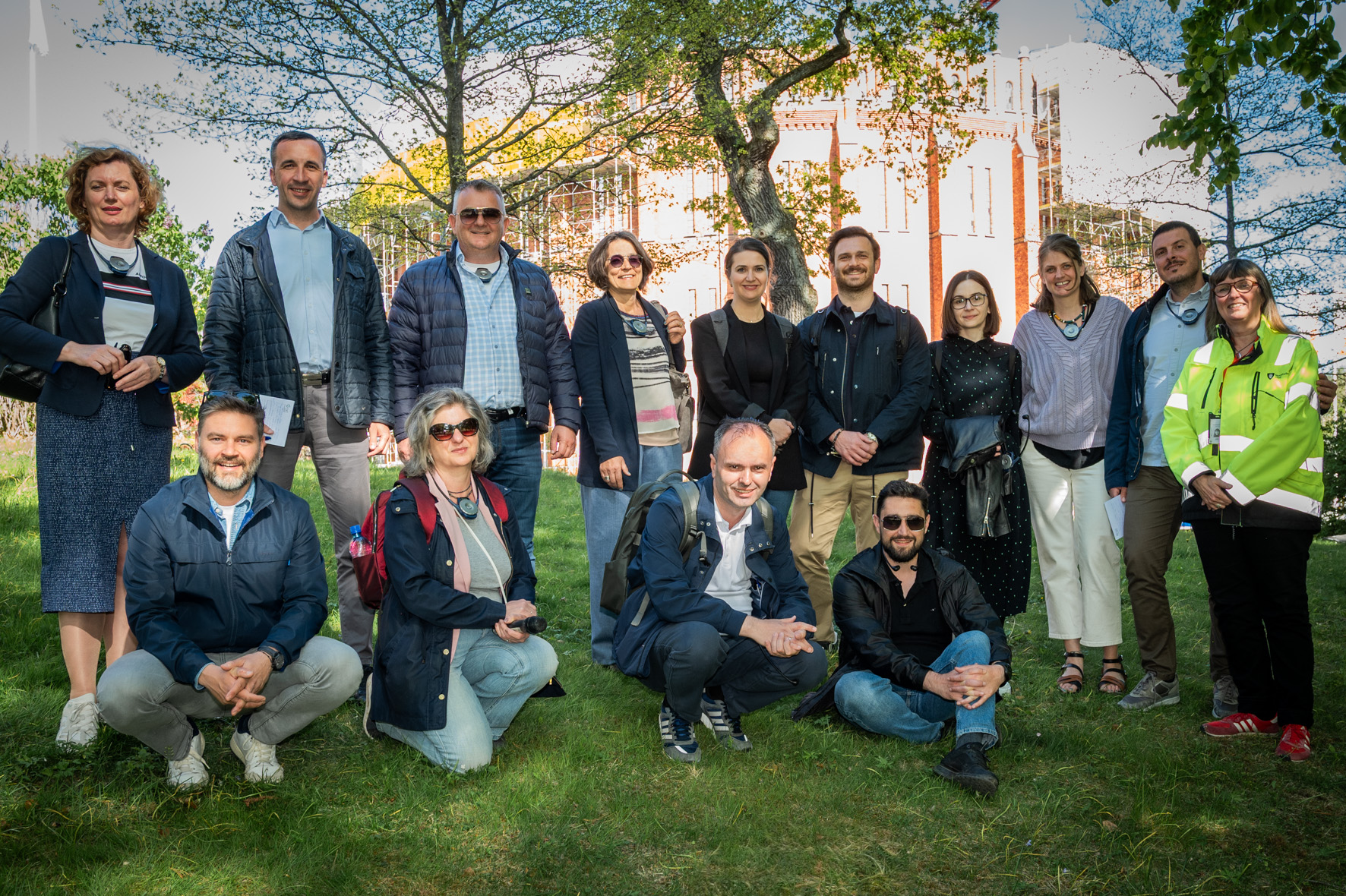
Next steps
Insights from across the study tour are now shaping a dynamic series of capacity-building sessions, starting in June, for communities in Bosnia and Herzegovina. These sessions – featuring contributions from both Swedish and Bosnian experts – will cover new and relevant topics:
- June 2025 - Sustainable Agriculture
- October 2025 - Water and Sanitation (Depollution)
- November 2025 - District heating systems (Decarbonization)
- December 2025 - General project management knowledge
The partners will also be offered hands-on workshops in EU project proposal writing, communication, and presentation skills. The goal is to empower local communities to drive sustainable initiatives, forge international partnerships, and successfully access external funding opportunities
Acknowledgements
SEI and the BiH SuTra project extend heartfelt thanks to all partners who made this study tour possible: the Embassy of Bosnia and Herzegovina in Sweden, IVL (the Swedish Environmental Research Institute), SWIC (Sjöstadsverket Water Innovation Centre), E.ON, Ragn-Sells, the City of Stockholm (Royal Seaport), Svenskt Vatten (Swedish Water and Wastewater Association), and SEI HQ research experts.
Discover the News and Updates section, delivering the latest updates and insightful content across various topics. Stay informed with most recent news articles, reports, and publications, of the BiH SuTra project.